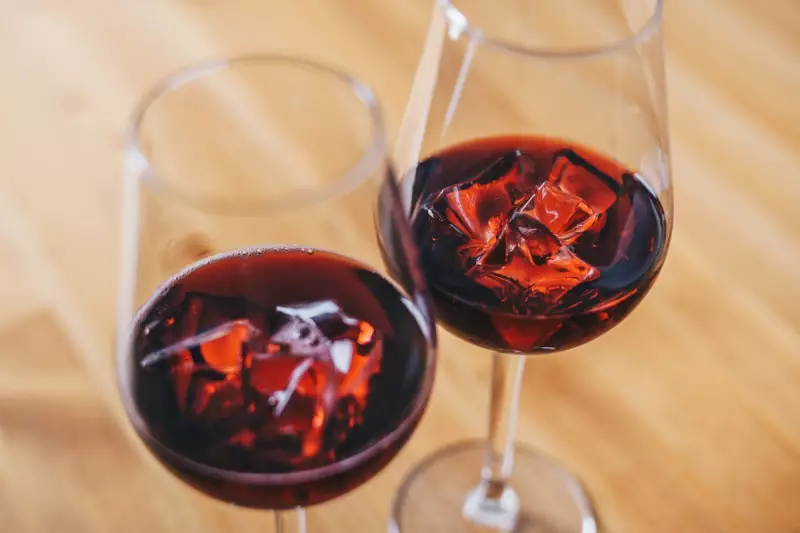
Vineyards across France are witnessing an unprecedented shift in their annual rhythms as a relentless heatwave forces winemakers to commence the grape harvest weeks ahead of traditional schedules. This dramatic acceleration is raising alarm bells within the industry about the long-term viability of certain wine-growing regions and the very character of future vintages.
The Independent reports that soaring temperatures have rapidly advanced the ripening process, compressing a timeline that usually unfolds gradually. This is not an isolated incident but part of a worrying trend, with harvests consistently occurring earlier over the past two decades.
A Race Against the Heat
This early harvest presents a significant logistical challenge for winemakers. The frantic rush to pick grapes at their optimal sugar and acidity levels is a delicate balancing act. Picking too early risks underripe flavours, while waiting even a day too long in intense heat can lead to overripe, sun-damaged fruit with excessive sugar content and plummeting acidity—a death knell for a wine's structure and balance.
Beyond 2024: A Threat to Terroir
The implications extend far beyond this year's yield. The essence of French wine is its terroir—the unique combination of soil, climate, and tradition that gives each region its distinctive profile. Persistent heatwaves and drought conditions fundamentally alter this equation.
Experts warn that classic wine regions, particularly in southern France, could become unsuitable for growing traditional grape varieties. The industry faces a potential future of vineyard relocation, experimenting with more heat-resistant grapes, and adapting viticultural practices to a rapidly changing climate.
The Global Palate Will Change
For wine lovers, the changes will be palpable in the glass. Warmer vintages typically produce wines with higher alcohol levels, richer, jammier fruit flavours, and softer acidity. The crisp, mineral-driven whites and elegant, structured reds that define regions like Burgundy, Loire, and Bordeaux could become increasingly rare, potentially altering the global wine market and consumer preferences.
The situation in France serves as a stark indicator of how climate change is directly impacting cultural and agricultural traditions, threatening to reshape an industry valued for its history and consistency.





